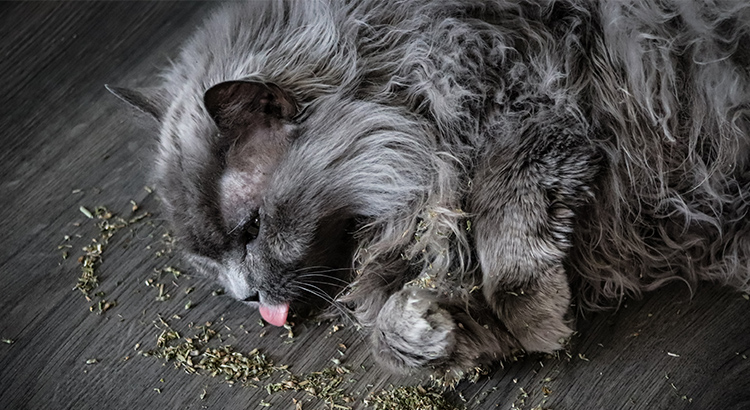
Spring is here… dog allergies and cat allergies are in full affect with scratchy ears, watery eyes and hot spots. There are identifiers for dog and cat allergies, different causes and various interventions depending on the cause of the allergen.
What is an allergy?
Similar in people and pets, an allergy is when the body reacts to a foreign substance either in the environment or coming in contact with the body causing a negative response by the immune system. Our immune systems create antibodies that identify certain allergens as harmful, causing an allergic response when contact is made.
What are the different types of cat allergies?
Cats are exposed to manufactured allergens more often due to being mostly indoor pets and are subjected the following allergens:
Flea– whether bitten by one or many fleas, and reaction is present
Pollen– allergies to trees, weeds and grass
Household– mold, dust and household mites
Food– can happen at any age with the same food or the introduction of something new
Perfumes– cat litters, cleaning products, carpet powders and clothing dryer sheets
What are the different types of dog allergies?
Dogs are more prone to being outdoors and vulnerable to exposure of different types of allergies than cats. The allergens dogs are susceptible to are:
Atopy– canine atopic dermatitis is an inherited predisposition to an allergic response after repeated exposure to an allergen
Flea– as with cats, can be caused by one flea bite
Skin bacteria– chronic dermatitis or an overreaction of the skin to a Staphylococcus bacteria
Contact/ environmental– dust, pollen, grass and mold that are sometimes seasonal
Food– dogs are not prone to congenital food allergies and require long-term exposure to develop a true food allergy.
What are the different symptoms of cat allergies?
What are the different symptoms of dog allergies?
Types of therapy for allergies in cats?
While your cat may not be pleased with a bath, bathing is actually indicated for helping with cat allergies. Here is a list of recommended interventions and their purpose:
Flea treatment– use vet-recommended flea and tick preventatives to combat these pest allergies
Dust-free, unscented litter– use litter that is easy on your cat’s skin, nose and lungs
Clean bedding– wash all bedding in 140-degree hot water at least twice monthly
Bathing– bathe once a week use lukewarm to cool water and gloves to prevent scratching/biting if necessary
Hydrolyzed protein diet– a prescription diet or home cooked meals may be recommended to remove the allergen from your pet’s diet.
Fatty acid supplement– Omega-3 supplements reduce inflammation and promote healthy skin.
Types of therapy for allergies in dogs?
Depending on the level of severity and the allergy present, there are some interventions that can assist at home while others require veterinarian assistance. The following things can be done at home:
Bathing– use anti-itch shampoo and warm water once to twice a week with aloe or medicated soap as the best options
Fish oil– promotes heart health, a shiny coat and reduces inflammation, itchy, and flaky skin
Quercetin– found in fruits and vegetables, reduces inflammation and itching, suppressing the allergic response
Aloe Vera– the gel provides an immediate cooling effect and can be applied twice a day
Apple Cider Vinegar– use 50% water & 50% ACV when applying to itchy skin, avoiding any open wounds/cuts
Coconut Oil– for topical skin use for flea allergies, eczema, contact dermatitis, and irritated, itchy skin
According to Dr. Becker, oatmeal is a carbohydrate and cards feed on yeast. Therefore, do not use oatmeal shampoos however if you do, follow up with lemon juice or vinegar to help manage yeast infections.
If you suspect your cat has an allergy, a veterinarian can perform a confirmation blood test or change up your cat’s diet. If a suspected skin allergy is present, you may be referred to a veterinary dermatologist.
At Pin Paws, we offer plans that give access to veterinarian assistance for all of your pets via call, chat or email, 24/7, 365 days a year. Follow this link for more information: Pin Paws Plus.
*Note: Do not give your pet any medications or holistic supplements unless they have been prescribed by a vet.



